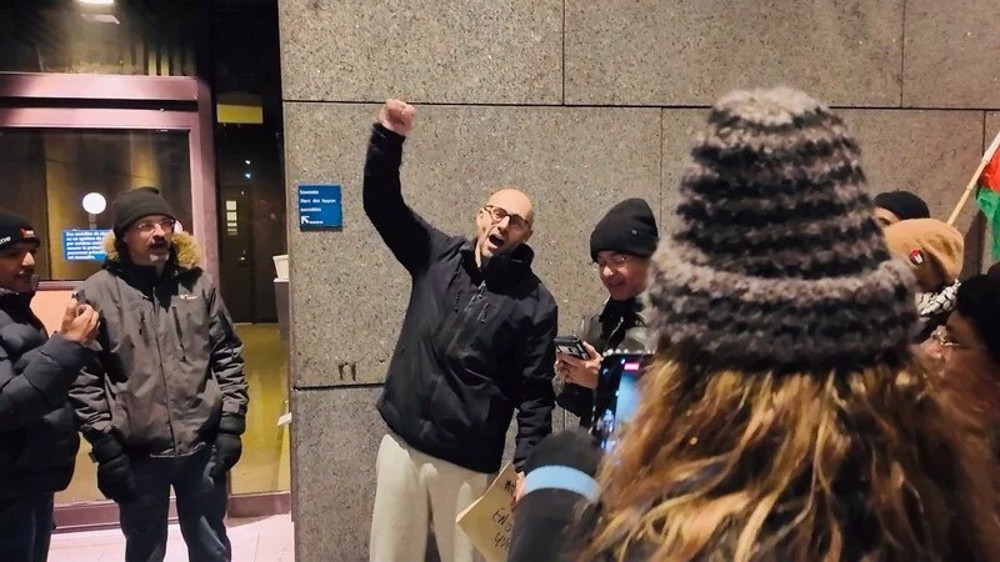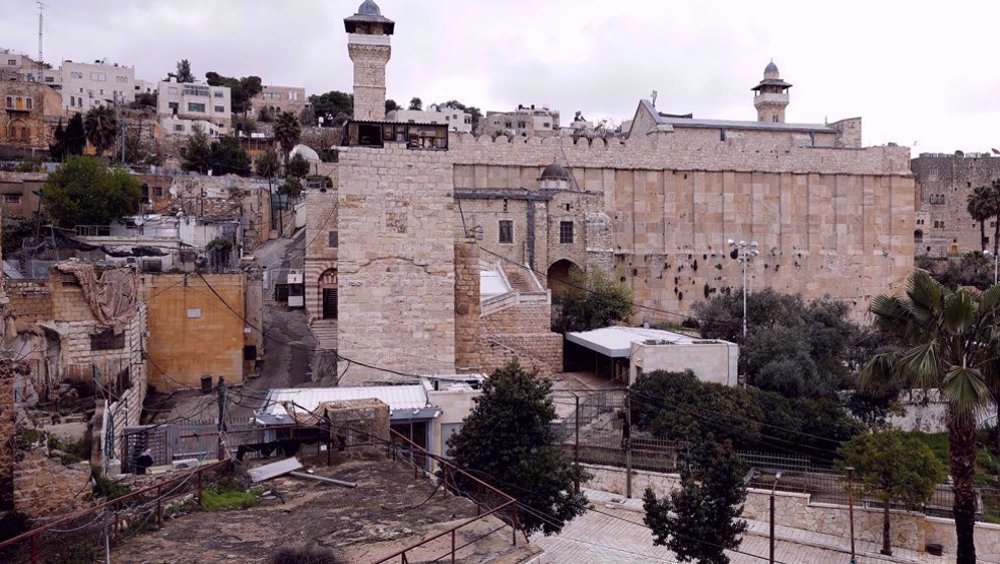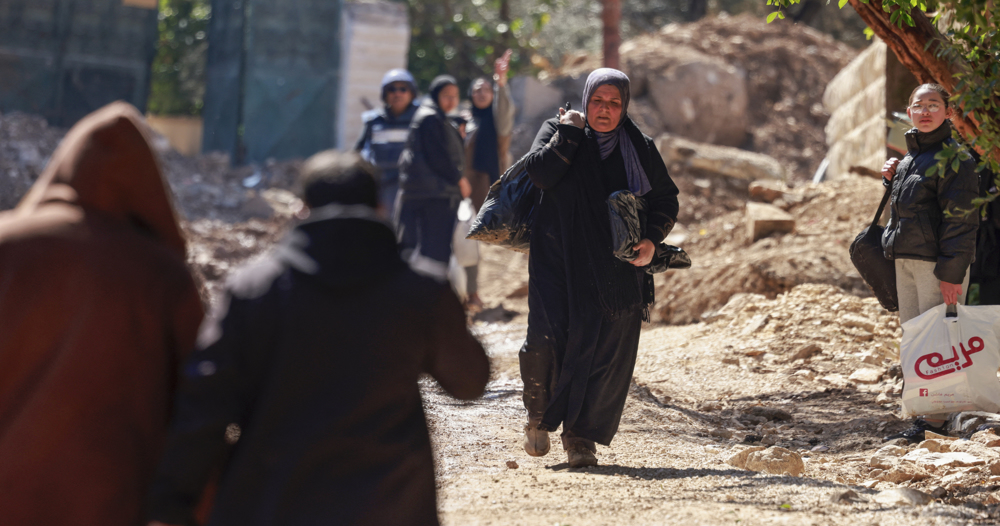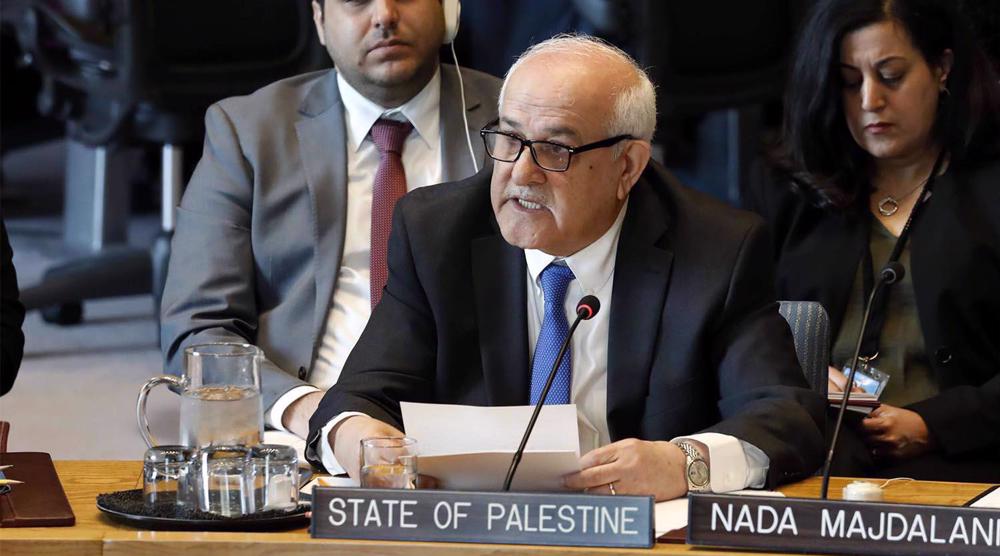Palestine renews push for full UN membership amid US opposition
The Palestinian Authority has renewed its push for full membership at the United Nations amid long-time acts of obstructionism and opposition by the United States.
"We are negotiating in good faith with all members," said Riyad Mansour, the Palestinian ambassador to the UN. "There is cautious optimism in the atmosphere."
Mansour has over the past several weeks started consultations with Security Council members over a possible full Palestinian membership bid, a move which has been seen as an attempt to break the stalemate in the peace process.
The US, a staunch supporter of the occupying Israeli regime and as one of five permanent UNSC members with the veto power, has in the past opposed such a drive, saying the UN membership, which is the equivalence of full international recognition of Palestinian statehood, should only occur after the resolution of an agreement for a two-state solution.
Mansour said given that the peace process has been frozen for eight years and that there is no initiative on the table, the issue of full UN membership should move forward.
"This is a policy of the Palestinian leadership and their people from the top down," he said, adding, "If we succeed in admitting the state of Palestine to statehood, then maybe you can help Israeli leaders to paint in their head you will never succeed in destroying the two-state solution.”
The American media reported earlier that the administration of US President Joe Biden had urged the Palestinian Authority not to pursue a vote at the UN Security Council on gaining full UN membership, stressing it would likely veto any such move.
In 2012, the UN upgraded Palestine's status to that of a "non-member state", a move which granted it de facto statehood status. However, this was done at the General Assembly, where no member has veto power. Non-member status allowed the PA to participate in the UN as a state and sign treaties, but without the full rights granted to member states.
In recent weeks, Israel has ramped up attacks on Palestinian towns and cities throughout the occupied territories. As a result of these attacks, dozens of Palestinians have lost their lives and many others have been arrested.
Israel occupied the West Bank and East al-Quds during the Six-Day War in 1967. It later annexed East al-Quds in a move not recognized by the international community.
Palestinians want the resolution of the conflict with Tel Aviv based on the ssolution along the pre-1967 boundaries. However, Israeli officials insist on maintaining the occupation of Palestinian territories.
The last round of Israeli-Palestinian talks collapsed in 2014. Among the major sticking points in those negotiations was Israel’s continued settlement expansion activities in the occupied lands.

'Shocking attack on free expression': Canadian politician slams arrest of pro-Palestine activist

Hamas: Ibrahimi Mosque massacre testament to Israel’s criminal policy

West Bank Palestinians fear Gaza style destruction as Israel escalates raids
Iran bans exports of some crops amid soaring domestic prices
VIDEO | Gazans striving to survive with bare hands
'Shocking attack on free expression': Canadian politician slams arrest of pro-Palestine activist
West Bank Palestinians fear Gaza style destruction as Israel escalates raids
Hamas: Ibrahimi Mosque massacre testament to Israel’s criminal policy
Trump eyes Ukrainian rare earth minerals in exchange for military support to Kiev
Six Gaza children, including newborn girl, die of cold weather as Israel blocks aid
Iran rules out nuclear talks with US amid ‘maximum pressure’ campaign







 This makes it easy to access the Press TV website
This makes it easy to access the Press TV website